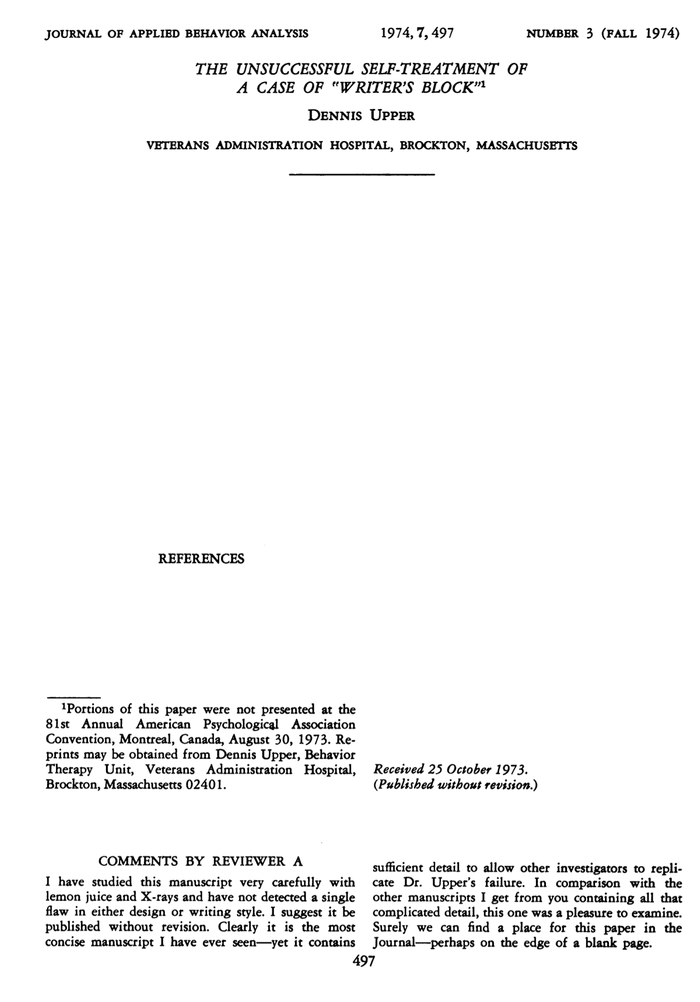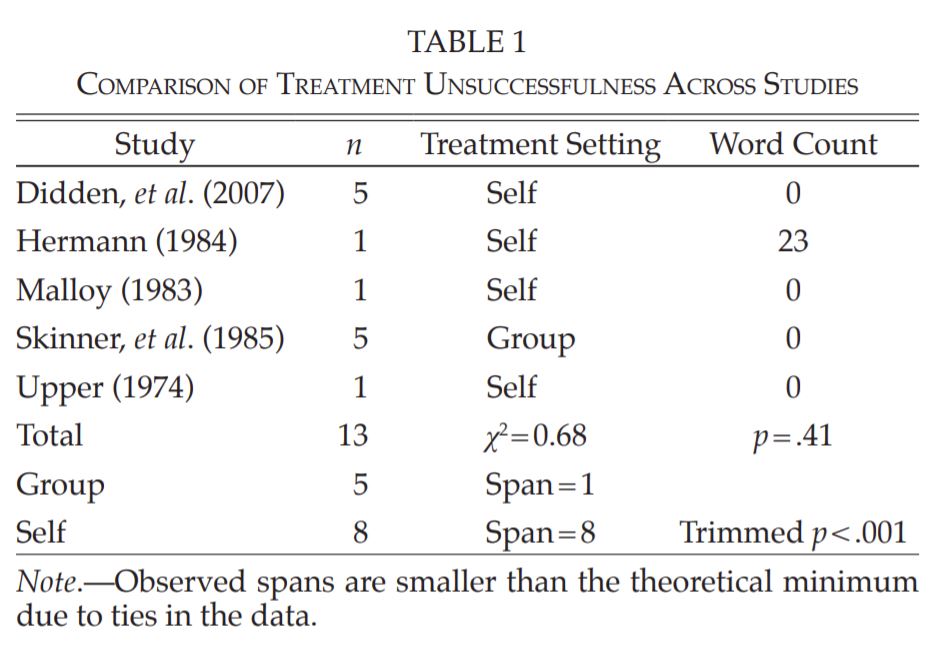 Trade Wars Are Class Wars: How Rising Inequality Distorts the Global Economy and Threatens International Peace by Matthew C. Klein
Trade Wars Are Class Wars: How Rising Inequality Distorts the Global Economy and Threatens International Peace by Matthew C. Klein
My rating: 1 of 5 stars
Inequality is bad you say? But isn’t my second gold toilet more important than food for everyone?
Matthew Klein and Michael Pettis’ Trade Wars Are Class Wars attempts to argue that inequality distorts the way money flows around the economy and thus undermines the efficient and rational capitalisation of the economy. He draws upon historical and contemporary examples from around the world to show how this is bad. For the USA….. (sigh)
I picked up a copy of this book after reading Mark Blyth’s Austerity: History of a Dangerous Idea. The idea that many of the trade and economic issues are tied to inequality and class divides was an interesting one. And the central thesis is largely acknowledged as true by anyone who has seen how quickly economies tumble when the average person can’t afford to buy stuff.
Unlike Blyth’s excellent books, Klein and Pettis have a limited understanding and unwillingness to engage with broader socio-political issues in the discussion of their thesis. They continually place the political as removed from the economic as though that is a fair and unbiased thing to do.
But how can you engage in discussing economic history and outcomes without honestly engaging with all, or at least some of the major, other factors? It essentially makes any of their arguments and analysis useless as anything other than fodder for very serious nodding competitions at corporate retreats.
In summary, this book was garbage as it deliberately or unintentionally failed to engage with reality to argue something that most would accept as true.
Comments while reading:
Good quote on China:
“China’s policies do not just hurt Americans (because fuck those other countries) – they also harm ordinary Chinese workers and retirees. Chinese workers are underpaid relative to the value of what they produce, and they are taxed too much. They are unable to access the goods and services they ought to be able to afford. They breathe dirty air and drink polluted water because many local government officials place the financial interests of politically connected business owners above the well-being of the public.”
Trying to explain this idea to people is often a challenge.
In the “how we got here” section there is a misleading bit about Natural Advantage. While a bit later it implies how the idea is untrue, there is no direct refutation of the idea. Natural Advantage isn’t a rational nor economic reality, but rather a political and exploitative one. People will often hold up the idea of (e.g.) gold producing nations being those with natural gold resources who will trade with the nations without gold for the thing they have a natural advantage in. Just don’t tell that to the resource-rich nations of Africa, South America, etc, who are dirt poor despite their supposed wealth.
I’m a little unimpressed with the overall stance being taken in the presentation of economic history. The very liberal tone (i.e. capitalist apologism) is managing to gloss over things like imperialism, coups, and the fights for democracy. One example that made me almost throw the book away was with the statement “which caused the British financial sector to remove support from the country” glossing over a very bloody war of oppression the British waged on that country only to be overthrown and independence declared. It places the political as removed from the economic as though that is a fair and unbiased thing to do.
There is a strong “if only those stupid other countries did capitalism right” vibe to covering the issues with the economy. It’s pretty much implied that the policy frameworks have been poorly done and if we just do it correctly then everything will be fine.
But this argument isn’t just ahistorical nonsense, it is narrow, ignorant, and woefully naive. Does Klein-Pettis just assume that inequality is something that rich/powerful people did by accident? (The answer to that rhetorical question is, of course, yes).
The section on China’s growth is… problematic. I’ll be kind and say that this is once again due to the very narrow economic scope Klein-Pettis uses for his discussion of very complex socio-political-economic interactions. If I were unkind I’d have to call it racist. But to suggest that China suddenly grew because they started doing capitalism and before that those silly commies just couldn’t do anything right and were creating poverty, is wonderfully wrong. I mean, the issues for Mao’s China can fill entire books, but the summary here doesn’t even hint at that.
Odd to summarise the systemic defanging of unions worldwide by corporate, business, and oligarch interests via their flunkies in government, legal, and industry as “workers lost interest in unions”. I mean, it’s like saying that coastal flood insurance costs have gone up whilst ignoring that someone keeps dropping bombs offshore to send tsunamis.
The installation of a right-wing government with deeply racist, anti-semetic, authoritarian, and nationalist views as a move to democracy in Hungary is an interesting take on history and politics. https://www.washingtonpost.com/archiv…
Another example: South Korea and the statements about yay democracy and capitalism curing poverty there… Look, I’m not well versed in South Korean politics, what with its every shifting, amalgamating, and disbanding political parties, but I’m pretty sure that referring to a literal military dictatorship in the 1980s as democracy, and its brutal regime which included at least one massacre, as progress is a what us thinky types refer to as wrong.
I’d bet money the authors worked in finance and write for very serious industry publications now.
I checked, yep, Klein was at an investment firm and now writes for Barron’s, a right-wing financial news page.
View all my reviews
 Callahan’s Legacy by Spider Robinson
Callahan’s Legacy by Spider Robinson


















